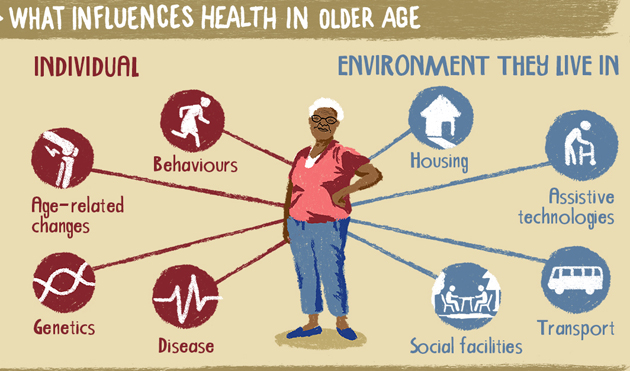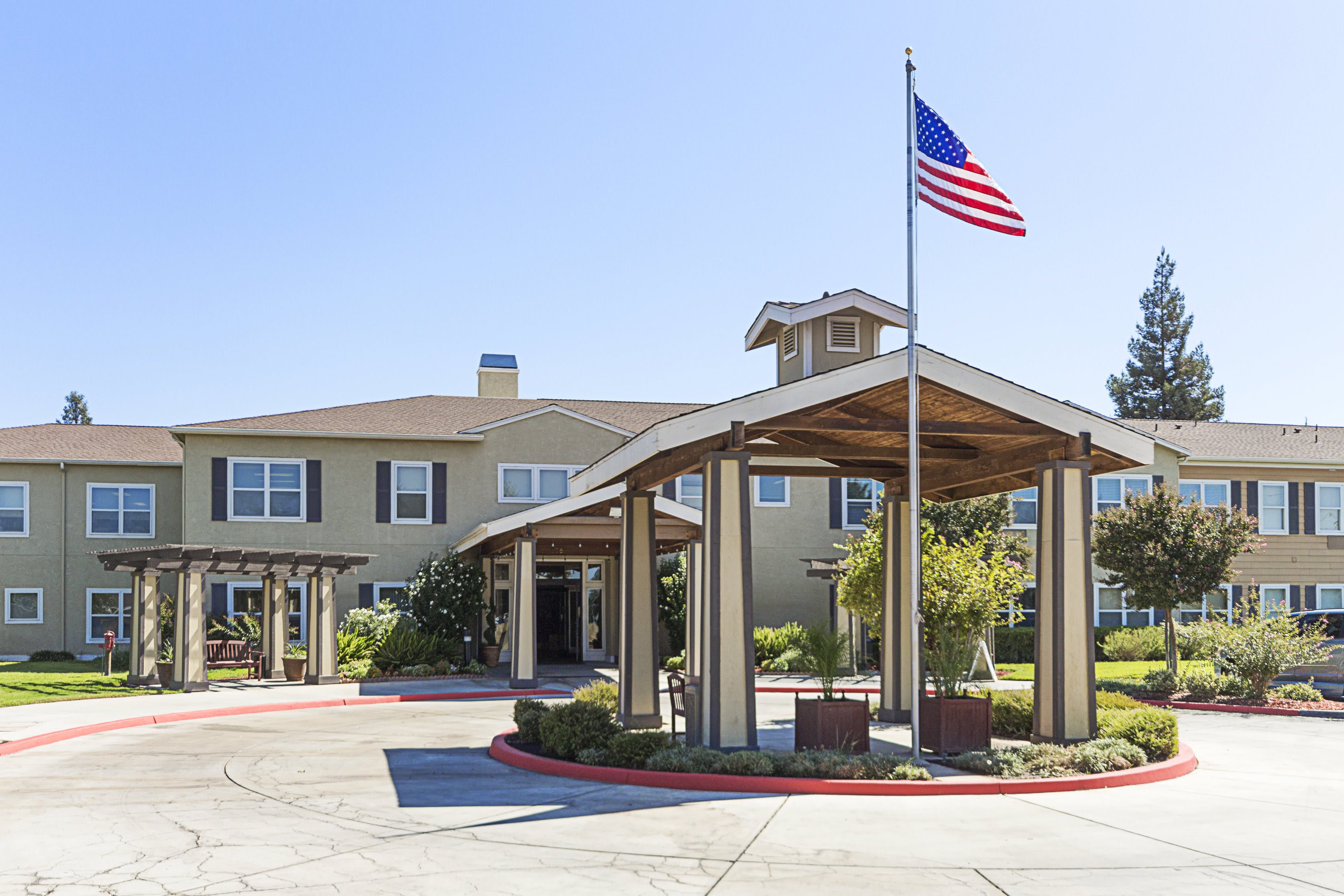
Alzheimer's disease's final stages can make a person's life difficult. They might lose the ability to walk or talk, or even control their bladder or bowel movements. They might even experience malnutrition and skin loss. Because of these limitations they need extensive care. This can be extremely stressful for their loved ones. Here are some ways to ease the burden of caring for a loved one.
The late-stage Alzheimer's Disease requires that you monitor your eating habits.
Monitoring food intake is an important part of caregiving for people with late-stage Alzheimer’s. People with this condition may need less food but they might not be aware that they are hungry or forget to drink fluids. They may also have trouble swallowing hot liquids and water. Consider preparing meals in a familiar place and following a consistent routine to keep your loved ones satisfied. Whether preparing meals or serving food, keep distractions to a minimum, so they don't get distracted.

Depression
As the condition of your loved one deteriorates, you might notice signs and symptoms of depression. A loved one who has dementia may find it difficult to cope socially and experience feelings of withdrawnness. They might also have difficulty remembering their current location or close relatives. It may be difficult to dress and manage money. It is essential to help your loved one cope with their symptoms as a caregiver. Talking to your loved one can help ease the burden and prevent depressive episodes.
Fatigue
It is crucial to pay attention to the fatigue levels of loved ones when you are caring for them. Alzheimer's patients are likely to require assistance with daily tasks such feeding, pet care, and answering mail. A caregiver may feel tired in the later stages of Alzheimer's disease. However, with the right support and care, fatigue is not fatal.
Signs
While the final stages are markedly more wandering, personality changes, and behavioral problems in the later stages of Alzheimer’s, many people living with the disease can still engage in daily activities. Sometimes, they may just require help with everyday tasks. They may find respite or adult daycare helpful.

Treatment
Caregivers may find the final phase of Alzheimer’s disease mentally and physically challenging. Care can be provided to ensure that your loved one enjoys a fulfilling and happy life. Your family and friends can support you during this difficult period. A professional in health can help you organize family meetings to discuss how to cope with Alzheimer's. Your loved one is worthy of dignity and respect. Their final days should be taken care of with the greatest level of care.